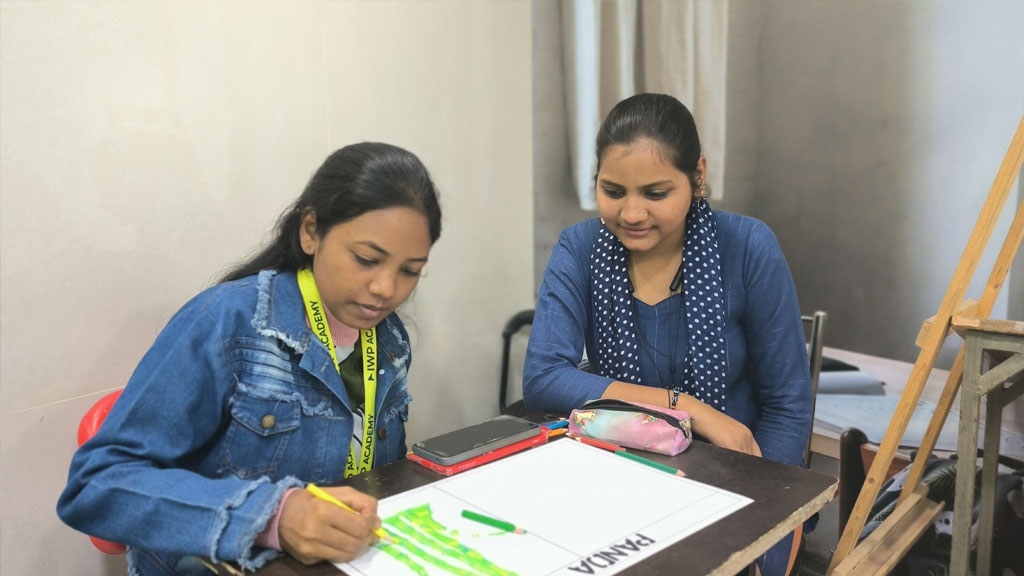Introduction: The field of education is a powerful force that shapes the future, and at the heart of effective education is the role of teachers. The Nursery Primary Teacher Training (NPTT) course stands as a crucial stepping stone for individuals passionate about molding young minds and laying the foundation for a lifetime of learning. In this blog post, we will delve into the world of NPTT courses, examining the skills they instill, the impact they have on teaching methodologies, and the vital role they play in fostering a love for learning in the early stages of education.
- Understanding Early Childhood Development: NPTT courses lay a strong emphasis on understanding the developmental stages of early childhood. Teachers-in-training learn about the cognitive, emotional, and social milestones that children reach during their formative years, enabling them to tailor their teaching methods to suit the unique needs of young learners.
- Effective Classroom Management Techniques: A successful classroom is one where the teacher can manage and engage young students effectively. NPTT courses provide training in establishing a positive learning environment, implementing discipline strategies, and fostering a sense of community within the classroom.
- Creative Teaching Approaches: The early years of education are characterized by curiosity and imagination. NPTT courses encourage teachers to think outside the conventional teaching box, promoting creativity and the use of innovative methods to make learning enjoyable and memorable for young children.
- Development of Age-Appropriate Curriculum: Crafting a curriculum that aligns with the developmental needs of young children is a skill taught in NPTT courses. Teachers learn how to design age-appropriate lesson plans, incorporating activities that stimulate cognitive growth, motor skills, and social interaction.
- Effective Communication with Parents: NPTT courses recognize the importance of a collaborative approach between teachers and parents. As part of the training, individuals learn effective communication strategies to keep parents informed about their child’s progress, creating a supportive educational ecosystem.
- Special Needs Education: Inclusive education is a core principle of NPTT courses. Teachers are equipped with the knowledge and skills to identify and address the diverse learning needs of children, including those with special educational requirements. This inclusive approach fosters an environment where every child can thrive.
- Practical Teaching Experience: NPTT courses often include a practical teaching component, allowing aspiring teachers to apply their theoretical knowledge in real classroom settings. This hands-on experience is invaluable in developing the confidence and competence required to lead a classroom effectively.
- Continuous Professional Development: The field of education is dynamic, and NPTT courses instill a commitment to continuous learning. Teachers are encouraged to stay updated on the latest educational trends, teaching methodologies, and advancements in child psychology, ensuring that they provide the best possible learning experience for their students.
Conclusion: NPTT courses play a pivotal role in shaping the educators of tomorrow, emphasizing not only the importance of imparting knowledge but also the significance of nurturing a love for learning in the early years. Whether aspiring teachers are taking their first steps into the classroom or seasoned educators seeking to enhance their skills, NPTT courses provide a comprehensive foundation for fostering a positive and impactful learning environment. Get ready to embark on a fulfilling journey dedicated to nurturing the future minds of our society!

